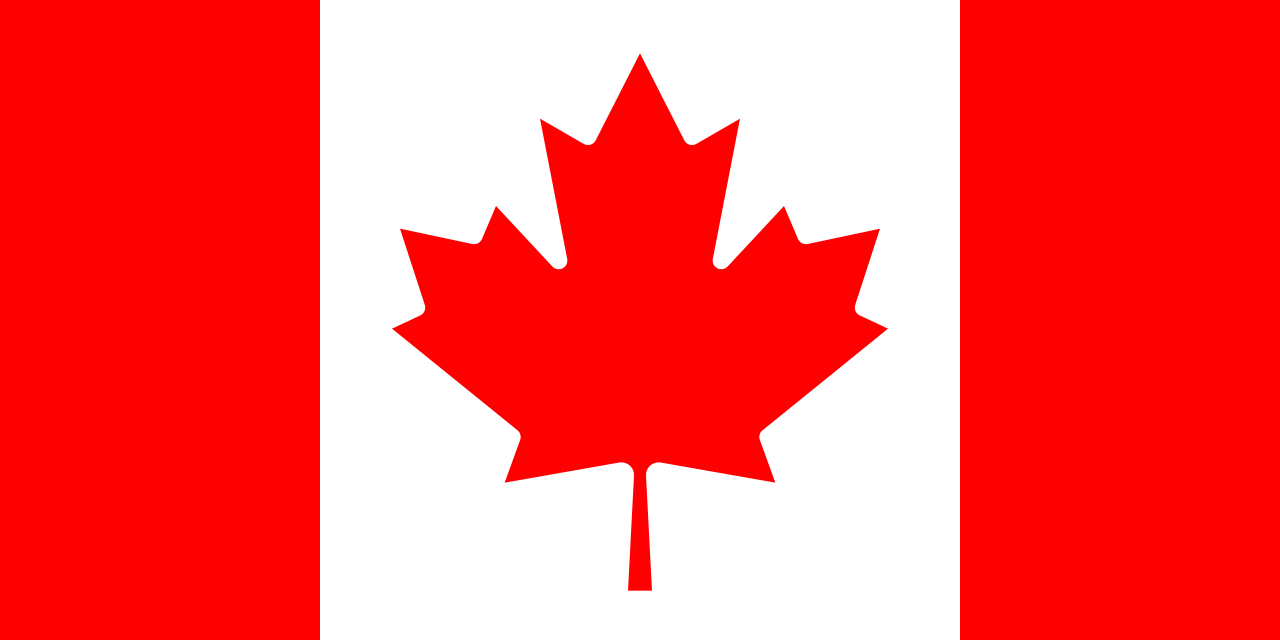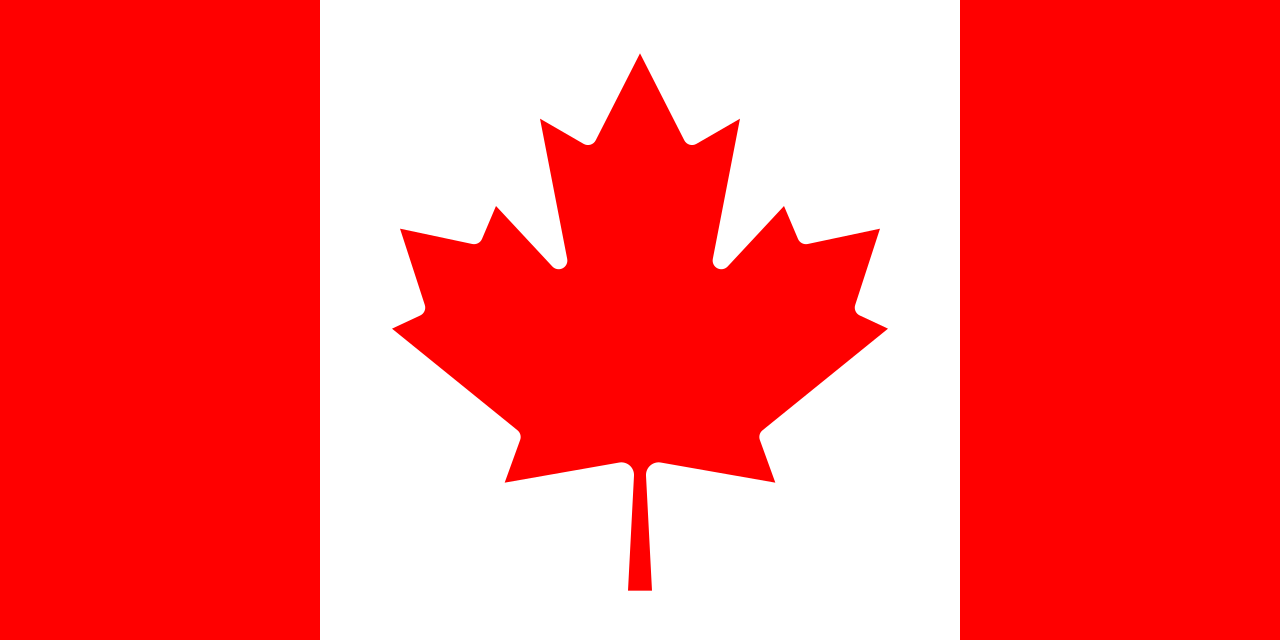
Federal Skilled Worker Program (Express Entry)
What is Federal Skilled Worker Program ?
Federal Skilled Worker Program is for skilled workers with foreign work experience who want to immigrate to Canada permanently.
How this program works
This program has minimum requirements for:
- skilled work experience
- language ability
- education
You must meet all the minimum requirements to be eligible.
Selection factors
If you meet all the minimum requirements, we’ll then assess your application based on:
- age
- education
- work experience
- whether you have a valid job offer
- English and/or French language skills
- adaptability (how well you’re likely to settle here)
These factors are part of a 100-point grid used to assess eligibility for the Federal Skilled Worker Program. You earn points for how well you do in each of the 6 factors.
The current pass mark is 67 points.
How we use selection factor points for Federal Skilled Worker Program
We use the selection factor points to assess your eligibility for the Federal Skilled Worker Program.
Once you’re in the Express Entry pool, we use a different system to rank your profile. We select the highest-ranking candidates from the pool and invite them to apply for permanent residence.
Federal Skilled Worker Program – Minimum requirements
Skilled work experience
Skilled work experience means that you’ve worked in 1 of these National Occupational Classification (NOC) TEER categories:
- TEER 0
- TEER 1
- TEER 2
- TEER 3
You must show that while working in your primary occupation, you performed the duties set out in the lead statement of the occupational description in the NOC. This includes all the essential duties and most of the main duties listed.
Your skilled work experience must be
- in the same type of job (have the same NOC) as the job you want to use for your immigration application (called your primary occupation)
- within the last 10 years
- paid work (have been paid wages or earned commission—volunteer work or unpaid internships don’t count)
- at least 1 year of continuous work or 1,560 hours total (30 hours per week)—you can meet this in a few different ways:
- full-time at 1 job: 30 hours/week for 12 months = 1 year full-time (1,560 hours)
- equal amount in part-time work: for example 15 hours/week for 24 months = 1 year full time (1,560 hours)
- You can work as many part-time jobs as you need to meet this requirement
- full-time at more than 1 job: 30 hours/week for 12 months at more than 1 job = 1 year full time (1,560 hours)
Part-time work experience
Your skilled work experience must be paid work including paid wages or earned commission. We don’t count volunteer work or unpaid internships.
For part-time work, you can work more or less than 15 hours/week as long as it adds up to 1,560 hours. You can work more than 1 part-time job to get the hours you need to apply.
We don’t count any hours you work above 30 hours/week.
Student work experience
Work experience gained while you were studying may count towards your minimum requirements if the work:
- was paid by wages or commissions
- was continuous (no gaps in employment), and
- meets all the other requirements of the Program
Language ability
You must:
- take approved language tests in English or French for:
- writing
- reading
- listening
- speaking
- get a minimum score of Canadian Language Benchmark (CLB) 7 in all 4 abilities
- enter the test results in your Express Entry profile
Your language tests are valid for 2 years after the date of the test result. They must be valid on the day you apply for permanent residence.
Education
If you went to school in Canada, you must have a certificate, diploma or degree from a Canadian:
- secondary institution (high school) or
- post-secondary institution
If you have foreign education, you must have:
- a completed credential, and
- an Educational Credential Assessment (ECA)for immigration purposes from a designated organization showing that your education is equal to a completed certificate, diploma or degree from a Canadian:
- secondary institution (high school) or
- post-secondary institution

